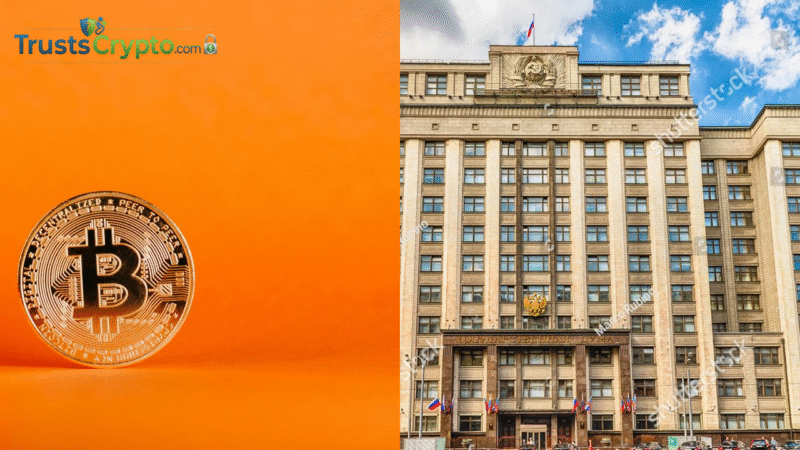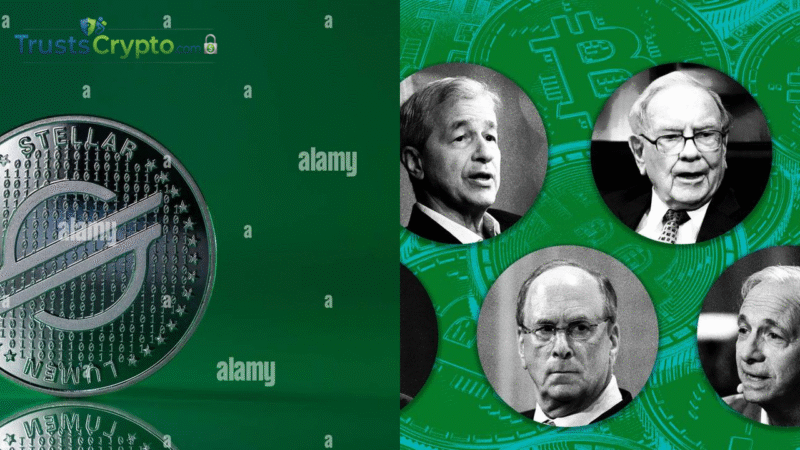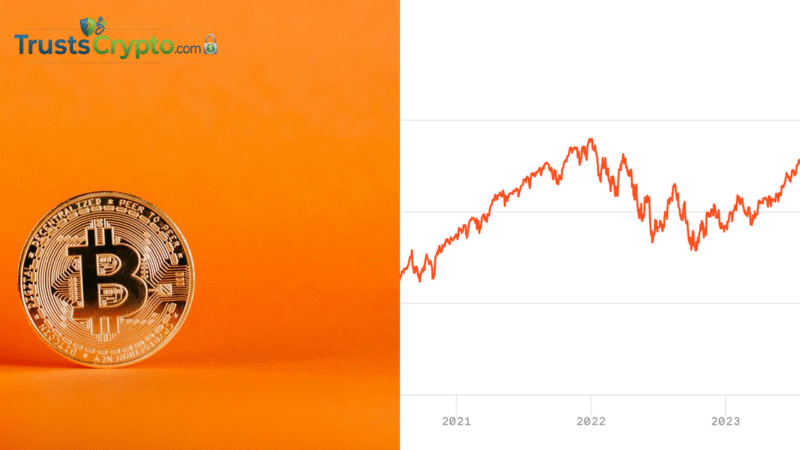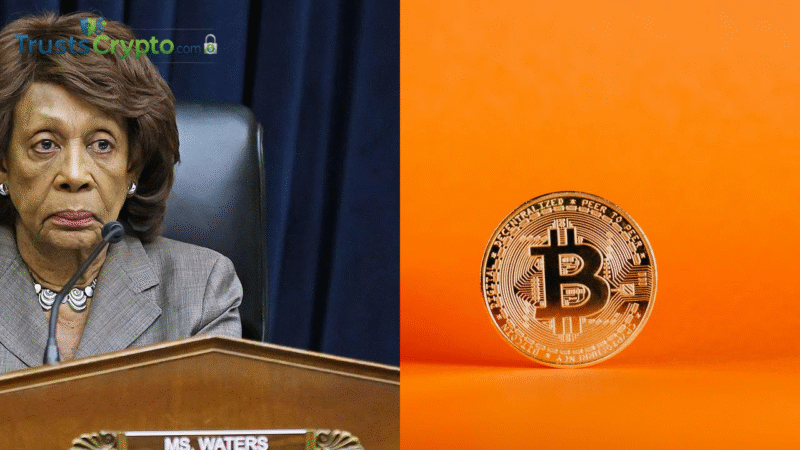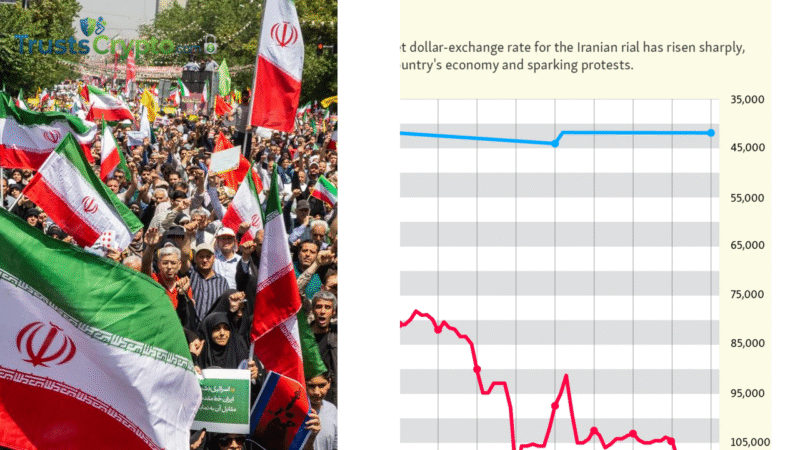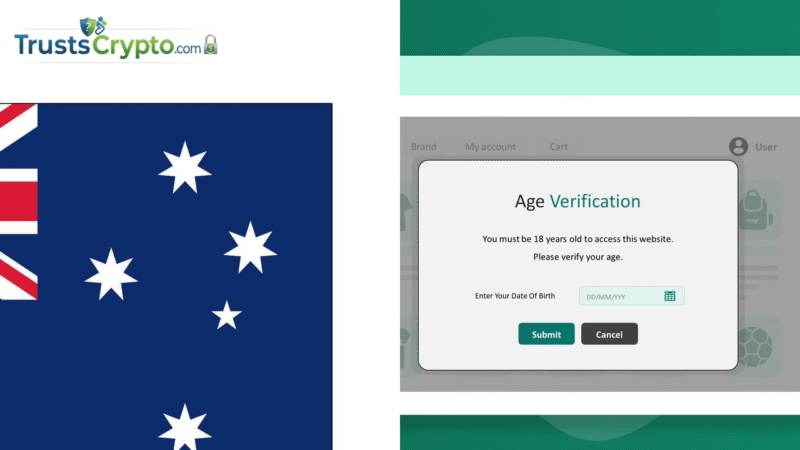SEC Delays Solana ETF Ruling, But Market Optimism Prevails
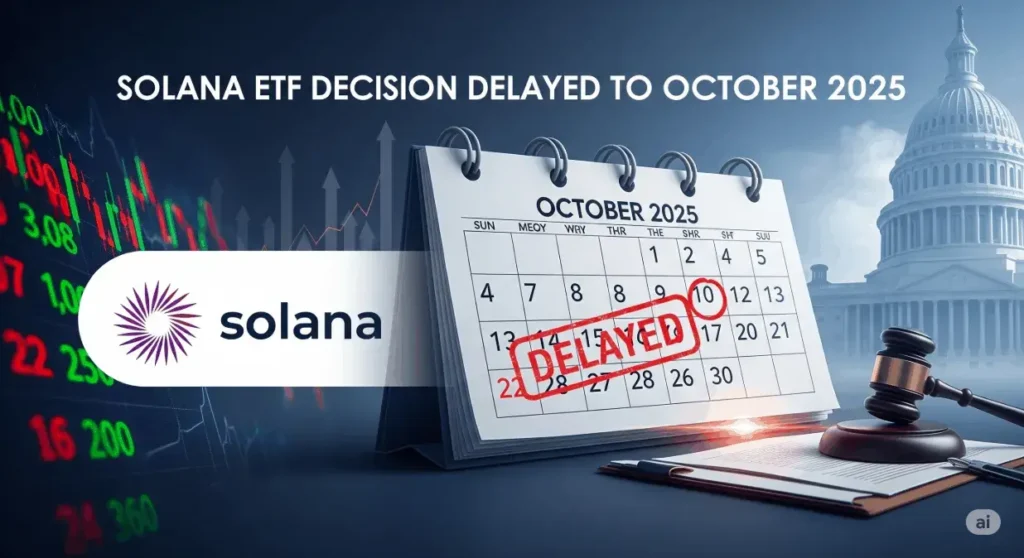
The path to a spot exchange-traded fund (ETF) in the United States has proven to be a long and arduous journey for cryptocurrencies. For a long time, the U.S. Securities and Exchange Commission (SEC) has maintained a cautious stance, citing concerns over market manipulation, investor protection, and the lack of surveillance-sharing agreements. While Bitcoin and Ethereum have finally broken through the regulatory barriers, the next major hurdle is proving to be the approval of a Solana ETF. In a widely anticipated but still noteworthy move, the SEC announced on August 14 that it would be delaying its decision on the filings from Bitwise and 21Shares, pushing the new deadline to October 16, 2025. This delay is a routine part of the SEC’s review process, but its implications for Solana‘s price and market sentiment are anything but routine.
Despite the news, the market remained remarkably positive, with Solana’s price not just holding firm but actually climbing above the $200 mark. This seemingly counterintuitive reaction highlights a significant shift in the crypto market’s maturity. Instead of panic selling, the community views the delay as a procedural step rather than a rejection. The consensus is that the approval of a Solana ETF is not a question of “if,” but “when.” This newfound confidence is a testament to the evolving relationship between the digital asset world and traditional finance, as regulators and issuers work together to build a robust and compliant ecosystem.
The Regulatory Roadmap: A Look Back at Bitcoin and Ethereum
To understand the current situation with the Solana ETF, it is crucial to examine the precedents set by Bitcoin and Ethereum. For years, the SEC denied applications for a spot Bitcoin ETF, citing concerns about market surveillance and manipulation. This changed after a landmark court ruling in 2024, which found the SEC’s reasoning to be arbitrary and capricious. This ruling effectively forced the regulator’s hand, leading to the approval of multiple spot Bitcoin ETFs in January 2025. The approval was a monumental event, triggering a wave of institutional capital and retail investment that propelled Bitcoin to new all-time highs.
The path for Ethereum was remarkably similar, though faster. Following the success of the Bitcoin ETFs, asset managers quickly filed for spot Ethereum ETFs. The SEC applied the same rigorous review process, but the precedent of Bitcoin and the market’s demonstrated maturity paved the way for a swifter approval. These approvals created a clear regulatory roadmap for other major cryptocurrencies, and Solana is now following in their footsteps. The repeated delays are not a sign of rejection but a part of the standard, multi-stage review process that includes public comment periods, expert review, and thorough analysis of the underlying asset’s market structure.
Why Solana? The Case for a Spot ETF
Solana’s blockchain is a compelling candidate for a spot ETF due to several key factors that align with the SEC’s criteria for a regulated investment product. While Bitcoin is considered a digital commodity and Ethereum’s transition to Proof-of-Stake has solidified its utility as an infrastructure layer, Solana presents a unique value proposition that appeals to both investors and regulators.
Scalability and Performance: Solana is renowned for its high throughput and low transaction fees, a result of its innovative Proof of History (PoH) consensus mechanism. This technology allows the network to process up to 65,000 transactions per second (TPS), making it one of the fastest blockchains in the industry. For a regulator focused on preventing market fragmentation and ensuring a liquid, efficient market, Solana’s speed and scalability are major positives.
Growing Ecosystem: Solana’s ecosystem has exploded with growth in decentralized finance (DeFi), non-fungible tokens (NFTs), and gaming. Its vibrant developer community and a growing number of institutional players—including global financial firms—show a level of institutional and retail interest that is critical for demonstrating a robust market. This activity provides the kind of data and surveillance opportunities that regulators require to ensure a market is resistant to manipulation. The market for Solana futures, which the SEC already allows, also provides a key piece of the regulatory puzzle, demonstrating a regulated market of significant size for the underlying asset.
Institutional Support: The fact that respected financial giants like Bitwise and 21Shares are the firms behind the filings speaks volumes. These are not fly-by-night operations; they are established players in the ETF industry with a proven track record of working with regulators. Their willingness to file and re-file with updated language and surveillance agreements shows a strong belief in the asset’s potential and their commitment to meeting the SEC’s stringent requirements. This institutional backing lends significant credibility to the case for a Solana ETF.
The Psychology of a Regulatory Delay
For veteran crypto investors, a regulatory delay from the SEC is now a familiar event. Where such news once triggered significant price drops, it is now often met with a shrug, and in some cases, a price increase. The market’s reaction to this Solana ETF delay is a prime example of this change in sentiment.
The positive price movement can be attributed to several factors. First, the delay was widely anticipated. SEC deadlines are often seen as checkpoints, not final destinations, and the market has already priced in the likelihood of extensions. Second, the delay confirms that the Solana ETF application is still very much alive and under active review, keeping the long-term approval narrative intact. Third, as new capital enters the market, many investors see these delays as buying opportunities, knowing that a potential future approval could send the price much higher. The fact that Solana’s price is trading above $200 indicates strong underlying demand and confidence that goes beyond short-term regulatory headlines.
Looking Ahead: October 16 and Beyond
The new deadline of October 16, 2025, marks the next key date on the calendar for the Solana community. While an approval on this date is not guaranteed, it represents a crucial milestone. The SEC now has a longer period to consider the proposals, and the issuing firms can continue to provide additional data and assurances.
Stay informed, read the latest news right now!
The approval of a Solana ETF would be a transformative event for the ecosystem. It would unlock billions of dollars in institutional capital, as asset managers and financial advisors would be able to offer their clients exposure to Solana through a familiar, regulated investment vehicle. It would also increase market liquidity and bring greater legitimacy to the Solana network, which would further attract developers and businesses. The SEC’s decision on the Solana ETF will not only impact one cryptocurrency but will also set a new precedent for how all future altcoin ETFs are evaluated. This process, though slow, is ultimately a necessary step towards the full integration of digital assets into the global financial system.

